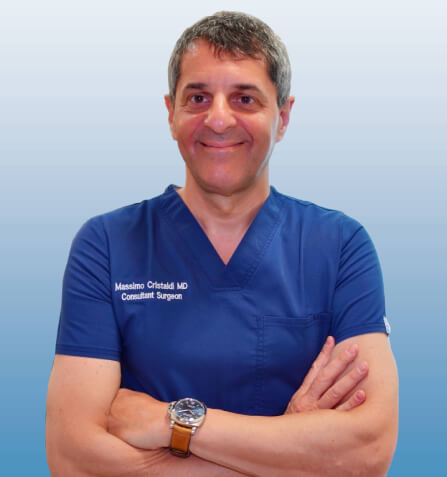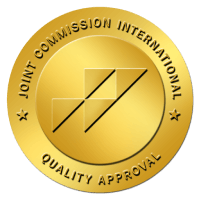DIAGNOSTIC AND THERAPEUTIC LOWER ENDOSCOPY
Lower endoscopy, also called colonoscopy or sigmoidoscopy, is a procedure performed to view the lower part of the intestine (colon). The procedure employs a colonoscope or sigmoidoscope, a flexible lighted-tube with a camera attached, which is inserted through the anus and advanced. While the colonoscope is advanced up to the colon, the sigmoidoscope limits its reach to the rectum and the lower most part of the colon. A lower endoscopy can help your doctor diagnose various diseases of the colon and rectum by observing its inner lining. In addition, small instruments may be passed through the scope to obtain a sample of tissue to be studied in the laboratory (biopsy) or to treat these conditions (therapeutic lower endoscopy).
A lower endoscopy is usually indicated to identify and possibly treat the cause of abdominal pain, diarrhea, constipation, intestinal bleeding and to remove growths within the colon called polyps, which may lead to cancer.
Before performing lower endoscopy, you will be given clear instructions about the foods you can eat and those to avoid, and your bowel is prepared to be clear of all waste. To make you more comfortable, lower endoscopy is usually performed under sedation, which produces light sleep. You will lie down on your left side and your doctor first examines your anus and rectum with a lubricated gloved finger. The lubricated endoscope is then gently inserted and air is passed through it to expand the colon for a better view. Images captured by the camera are displayed on a large monitor for your surgeon to view. If your doctor finds any suspicious growth, biopsies may be obtained. During the procedure certain treatments may also be performed to control bleeding ulcers or remove polyps. Depending on the procedure carried out, lower endoscopy may take about 15-60 minutes to complete.
Following the procedure, you are carefully monitored until the effects of the sedation wear off. You will need to have someone drive you home. You can return to your normal activities the next day.
Although this is a safe procedure, diagnostic and therapeutic lower endoscopy may be associated with certain complications which include infection, bleeding, perforation of the intestine or abnormal reaction to the sedative.






